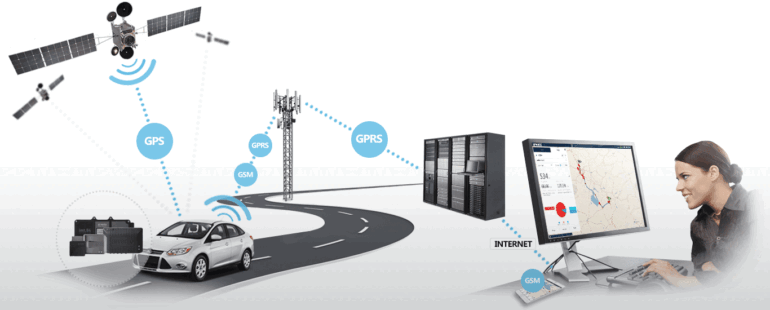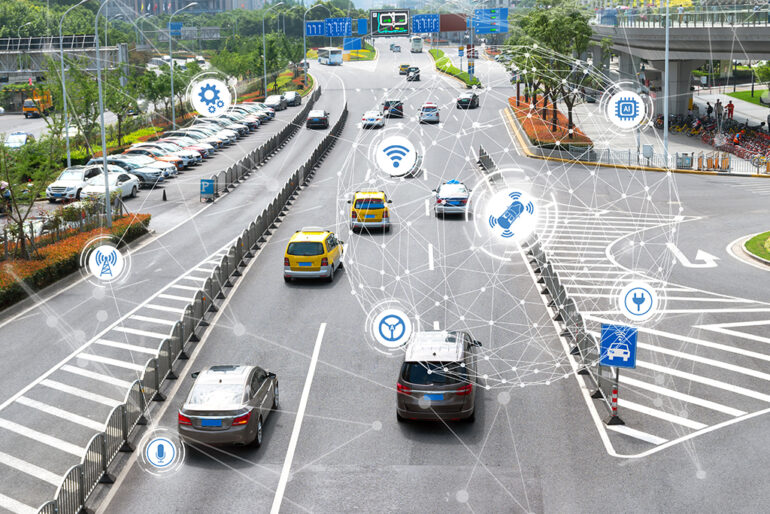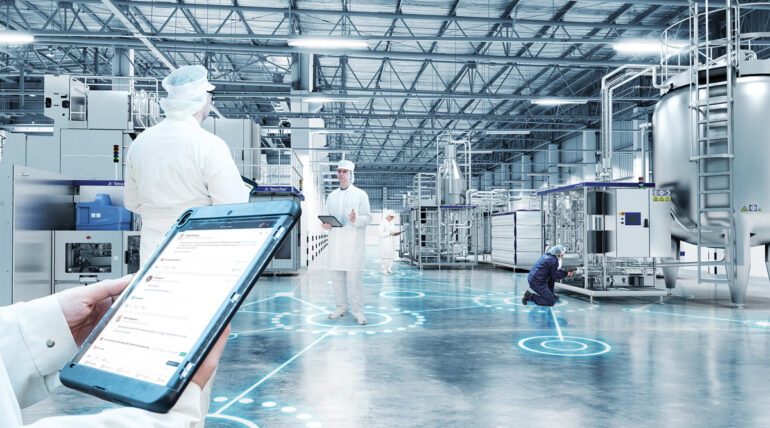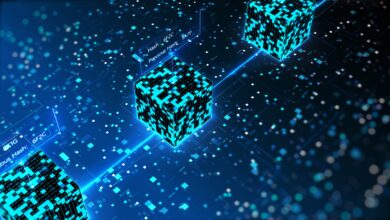Technology is rapidly changing the way we learn, work, and live. Fifteen years ago, the iPhone was released to the public and people were amazed that such a small device could be so powerful.
Nowadays, as tech continues to evolve at a growing rate, we are becoming ever more dependent on it. In order to excel in an increasingly digital world, people need to know how to use new technologies like smartphones and computers effectively.
But it requires more than just learning how to use a particular piece of tech; we have to be able to adjust and learn with each new technological advance. Most, if not all the steps forward are intended to be improvements or add-ons to a prior tool.
Some may be a clear improvement, while others are a combination of two or more ideas that have been brought together. This article will go into a few of those, as well as some of the tech gains we may see in the near future.
Vehicle Tracking Technology

For years, motor vehicles have carried computer systems that notify you when something must be checked, such as the oil, a growing engine issue, or when your windshield wiper fluid is low. To this point, however, preventive data have been limited.
Cetaris has created a software that may change all that. Cetaris primarily serves the trucking, bus, and fleet industries.
What the company does is to gather information or data points from thousands of vehicles to identify trends. For example, if a certain model of truck tends to exhibit issues with spark plugs after 55,000 thousand miles, the software will spot that and warn future drivers that it may be wise to get their vehicle checked by a mechanic when it approaches that mileage.
It only makes sense that this technology could be extended to the general public. With enough data, every car could notify its operator when to make a particular check or change, as opposed to waiting for something to go wrong and having to deal with the resulting expensive repairs.
In theory, the concept could be applied to running shoes that would let runners know when a certain injury might become more likely, TVs that are left on for a long time, and just about any other appliance or item that could suffer problems from overuse.
Future of Smart Technology

The world has changed dramatically over the past 20 years due to AI. Everything from communication to transport is different.
Technology has evolved from a delightful amenity to a daily necessity, and that transformation isn’t slowing down, especially in the smart technology field. This area is experiencing a major breakthrough in artificial intelligence.
You’ve likely heard of smart doorbells, cars, security systems, but what about pet-feeding bowls or coffee makers? Smart technology has grown to the point where every appliance could become a smart system.
One area in particular that is particularly likely to explode is health care. The latest data already suggests that machines or AI can outperform humans at various tasks.
As the tech advances, we shouldn’t be surprised to see machines diagnose illnesses rather than humans. AI may perform surgical operations as well as other tasks in the health-care industry.
Food Industry

Food tends to be an area where many people turn skeptical when it comes to technological advances. What they may realize, however, is that the apple or broccoli on their plate may already be a product of past tech developments.
According to the U.S. Department of Agriculture, advances have been made in every step of food production and distribution, including mechanization. These have empowered farmers to grow more food per acre, while saving time and labor.
Overall, this has increased output and reduced costs. Improved machinery (tractors) can be used on fields to help with cultivation and harvesting processes that would otherwise require a much higher level of human labor in order to bring food to the table.
Other technology that’s currently in design goes beyond the standard farm. Scientists are starting to find ways to create dairy products from a lab.
This may sound crazy to some of us but the truth is, the process of fermentation and using stem cell growth has been demonstrated to be utterly safe. Dairy farms already release more emissions to the environment than the transportation and shipping industries combined.
Safer, cleaner, and equally effective products may be the future of dairy consumption.






